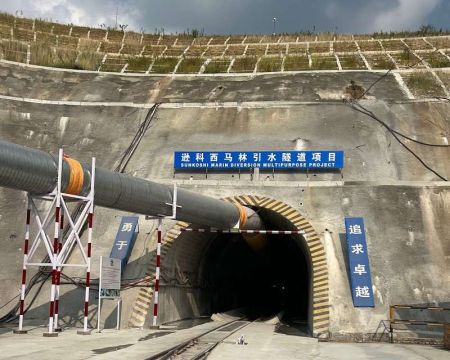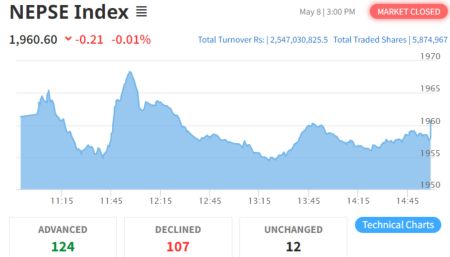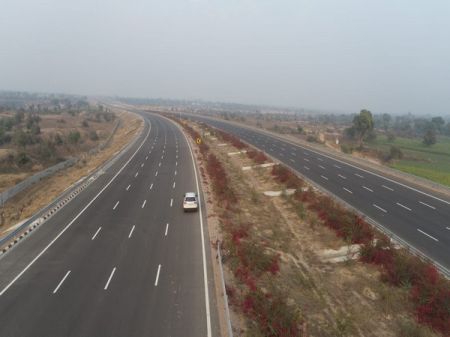How do you evaluate the contribution of the private sector to health services in the country?
The contribution of the private sector is unparalleled. This becomes evident considering the services provided by private medical colleges and hospitals as well as the healthcare professionals they have produced. Among the medical colleges operating in Nepal, only four are government-owned. About 90% percent of healthcare professionals are produced by private medical colleges.
How has the private health sector been established as an alternative for health services in the country in the past decade?
Over the past decade, the private sector has not merely served as an alternative but has taken on a leading role. We have seen only four government-owned medical colleges in the past 50 years. These institutions have been unable to increase the number of seats in medical education. The government has also not permitted the private sector to expand the capacity for medical education. As a result, many students are compelled to seek education abroad.
What efforts should the private sector and the government make to make Nepal as a medical tourism hub?
The government first needs to streamline rules and regulations. It can lease out land to the private sector for a defined period to facilitate the establishment and operation of hospitals and medical colleges, encouraging. the private sector to deliver health services at affordable rates for the people. This can be achieved by offering tax exemptions on the procurement of equipment and other concessions.
What obstacles and difficulties is the private health sector currently facing in Nepal?
The primary issue lies at the policy level. Policy challenges have rendered the health sector unsafe for private-sector investment. Incidents where patient fatalities lead to physical assaults on doctors and vandalism of hospitals persist. This jeopardises the security of investments. If a hospital, constructed with substantial financial investment, is subject to immediate vandalism, the investment environment is severely compromised. The current challenges extend beyond investment security to encompass governance, accountability, and transparency.






















